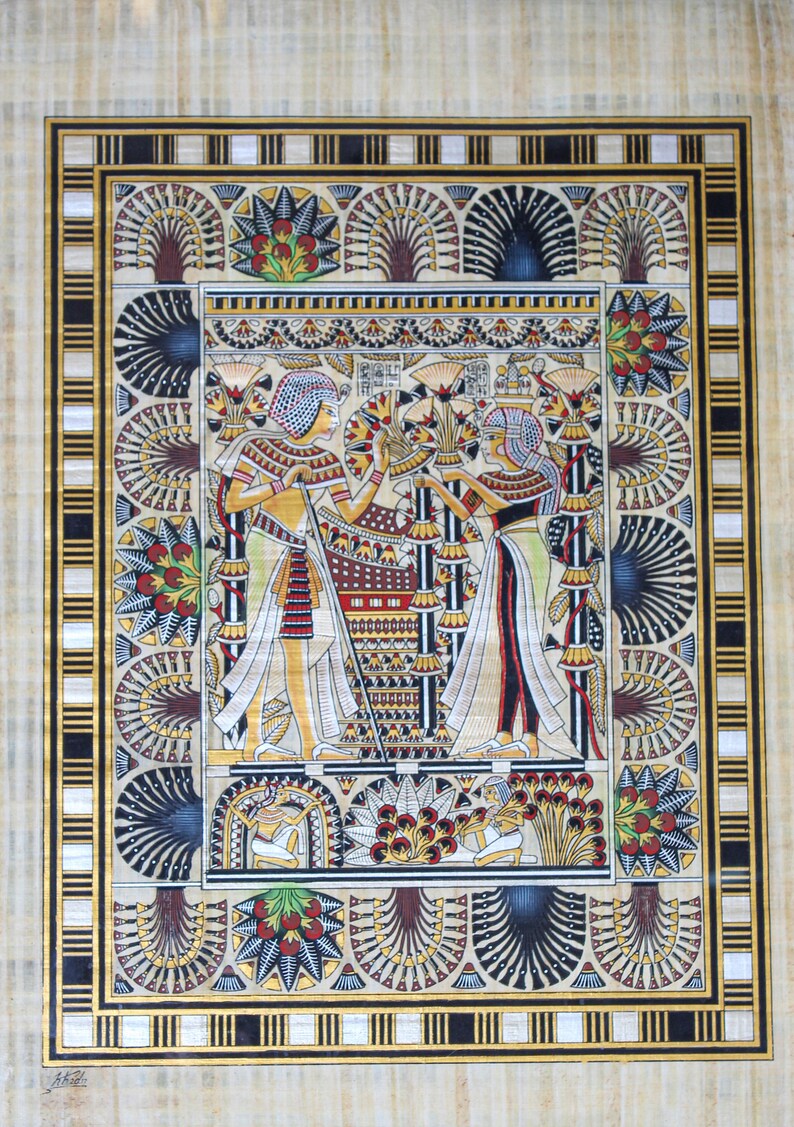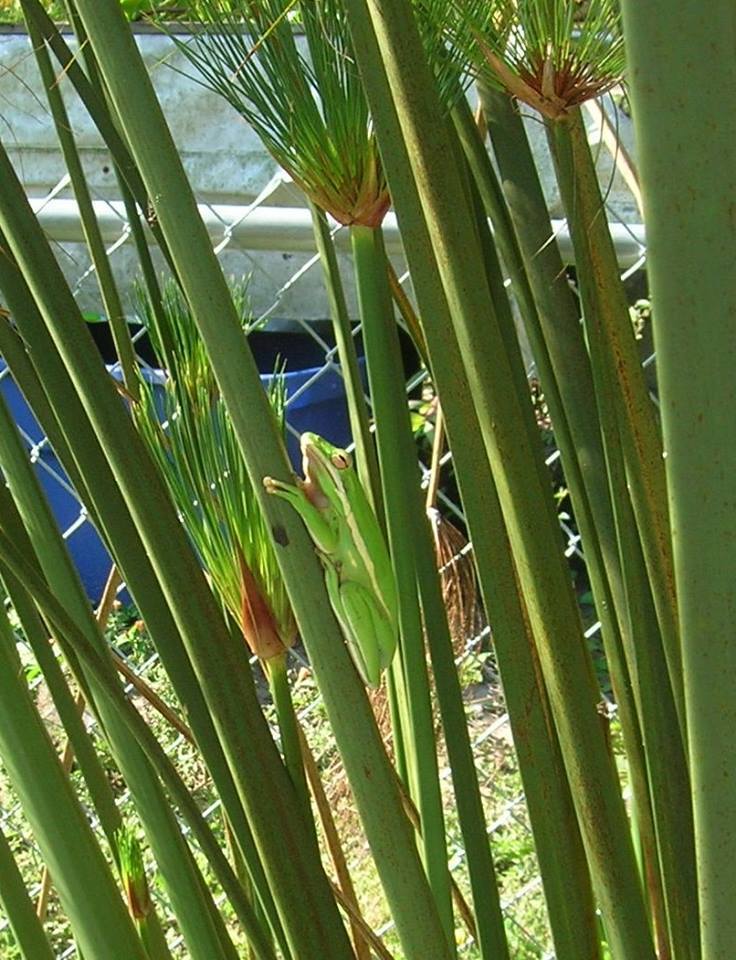
Leaves turn yellow: this is generally connected to a lack of water or to temperatures that are too low. They’re woven into a mat and then pressed together between two heavy flat stones to dry. Indeed, papyrus paper is an ancient paper production technique, where very thin slivers from the papyrus stem are superimposed on one another. Long used as a base material for paper, that is actually the reason why old scrolls are called “papyrus”. When growing it in pots and as an indoor plant, it is important to soak the base of the pot in a container that is constantly filled with water.

This plant is very easy to care for and only asks for water to bask in for it to develop rapidly. There are thus a number of differently shaped leaves, sizes, and shapes for this uncommon perennial. This magnificent plant native to tropical areas has evolved into several hundred species, each being more elegant than the next. In garden boxes, take note of this because freezing could condemn your papyrus just because of the first frost spells.īest to anticipate and bring your papyrus indoors to a spot protected from from freezing. The papyrus isn’t very hardy and will not survive temperatures lower than 23☏ (-5☌), especially if over a longer span of time. Since papyrus basically wallows in water, it’s an excellent plant to have near your other houseplants! Papyrus in winter, resistance to freezing For instance, plants like orchids, Stephanotis and other tropical plants love humid air.

Growing your papyrus as a potted plant indoors is an excellent way to increase moisture in the air for other plants. If you can’t get to it every year, do try to do it at least every 2 years. In Spring, ideally, you would repot your plant into a pot with a diameter that is slightly larger than the previous.
#KING TUT PAPYRUS TUBERS FULL#
However, you must remove dry stalks as they appear, and you’ll notice that new shoots will sprout again full of energy. Pruning isn’t really required, even though the papyrus isn’t harmed by pruning at all.
#KING TUT PAPYRUS TUBERS TRIAL#
For evergreen grasses this wounding will really affect their ability to live through the winter.įine Gardening Magazine 2008 Trial Garden Recommendation.Papyrus sedge is a very beautiful plant, that thrives particularly well in damp settings, whether along a body of water, a river or simply in a pot resting in a saucer filled with water.

Dividing plants wounds them to some degree. In areas where winter temperatures remain above 35 degrees it should be considered a perennial and the following information should be useful.Įvergreen or neutral grasses are usually plants that look like grasses but aren't actually classified as grasses, they are generally called grass-like plants.ĭivide evergreen or neutral grasses and grass-like plants in spring only.Įvergreen grasses don't ever go dormant. It should not be expected to live through the winter and begin growing again in the spring. Once the grass turns brown it can either be removed immediately or removed in the spring. Where temperatures get colder than 35 degrees F, the plants should be treated as annuals. King Tut is an evergreen or neutral grass. It is best to keep the soil moist, but once established King Tut has proven to be surprisingly tolerant of dry conditions. King Tut will also do well when planted in normal garden beds. If the plant is put into a pot I would suggest plugging the hole or holes in the bottom of the pot to keep as much water as possible in the pot. The root ball can be submerged but it isn't necessary.

The purpose is to keep the bulk of the soil or root mass wet. The crown of the plant should never be covered in water and in fact both of these varieties can thrive in water as shallow as a few inches. The plant can be planted in pots, along the waters edge of a pond, or even in a pond. It is a very fast grower and will quickly grow to impressive size when replanted in the spring. Cyperus Papyrus is not hardy enough to survive winters with freezing temperatures and it is not a candidate to overwinter inside.


 0 kommentar(er)
0 kommentar(er)
